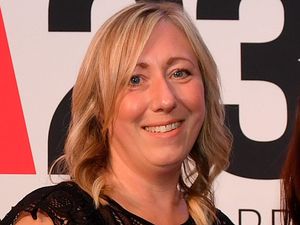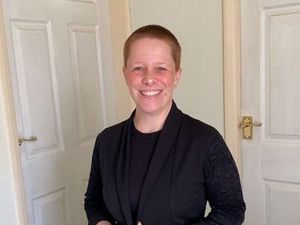'Why do I love Love Island? It's been a long, hot summer!'
I love Love Island. It’s my number-one guilty pleasure once summer rolls round.

I get excited for 9pm each evening, when I know I can settle in all comfy on the sofa – popcorn and Pepsi Max in hand – and get ready for some good, fun drama (with a little bit of romance thrown in).
At first my other half groaned each time I grabbed the remote and forced him to step away from the PS4 controller (at 9pm the television comes under my authority).
But quickly he got just as into it as me . . . knowing each contestant by name, who was coupled up with who, and sharing strong opinions on who was most ‘muggy’ or definitely not ‘loyal’ at all (we’re talking about you Georgia).

The love for Love Island seems pretty divided. It’s like Marmite. People either love it, are invested in it, committed to watching it each and every night; or they hate it with a passion, think everyone taking part is ‘thick’ and don’t understand why some viewers get so excited by it.
Yet despite the divide, one thing is clear, we all know what Love Island is – whether we hate it or not. And as much as it really is just watching sexy, tanned young people trapped on a stunning Majorca island falling in and out of love, Love Island can also go deeper.
This year’s series has already raised some serious issues – issues that may be imperative in helping young people and teens (the show’s main audience) navigate through the wide, scary world of relationships in the future.
And nobody can say that’s a bad thing. For example, when last month Women’s Aid highlighted Adam’s emotionally abusive behaviour towards Rosie, and sent out a warning to women on how they would spot signs they were being gaslighted by their partner, how many girls would have known before to look out for those red flags?

Or what about Doctor Alex’s awkward struggle chatting to women? It’s refreshing to see someone on the show who isn’t always brimming with confidence.
But then there’s the not-so-nice side, as there always is with these types of reality TV programmes. Just this week NHS bosses condemned Love Island for a rise in mental health issues amongst young people.
It has been reported that contestant Megan may have spent more than £25,000 on surgeries to change her appearance, and adverts have been popping up for cosmetic health during the breaks between the ITV2 programme.

Simon Stevens, the chief executive of NHS England, recently said to the BBC’s Andrew Marr that the service was now ‘picking up the pieces’ when it came to the decline in young people’s mental health.
But that’s not to say Love Island is solely the cause of this.
There are always going to be drawbacks to reality TV – it gets people talking, debating, and fired up. But I think it’s important we sometimes remember that for many people, Love Island is just good, simple fun.





